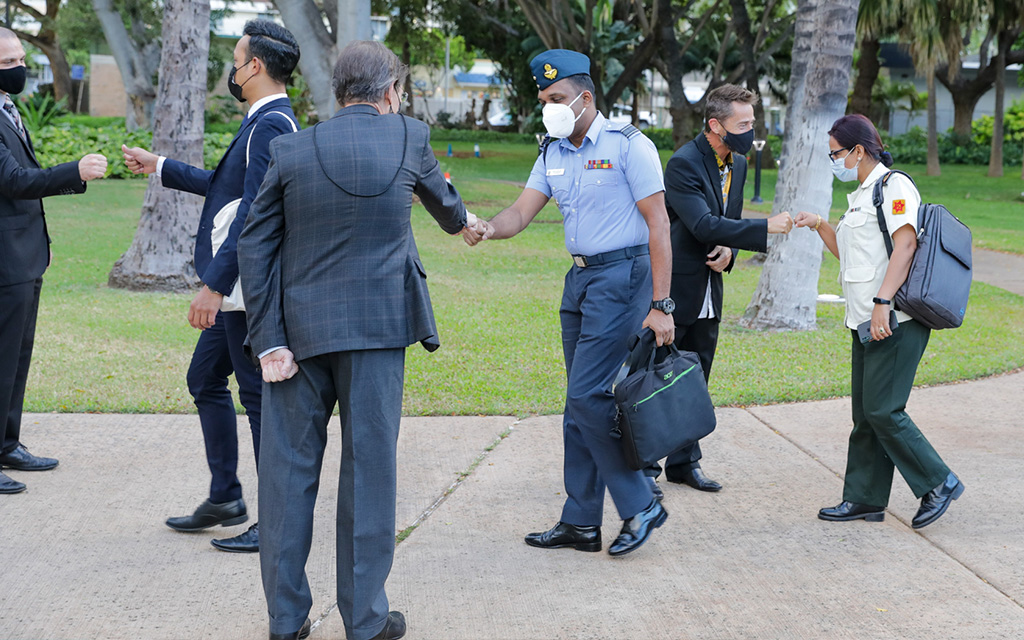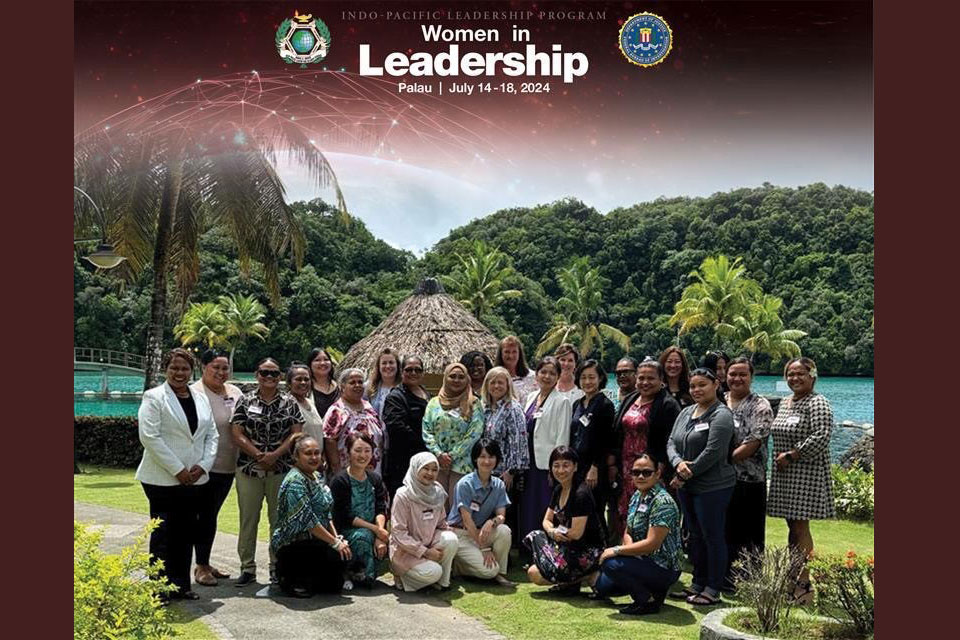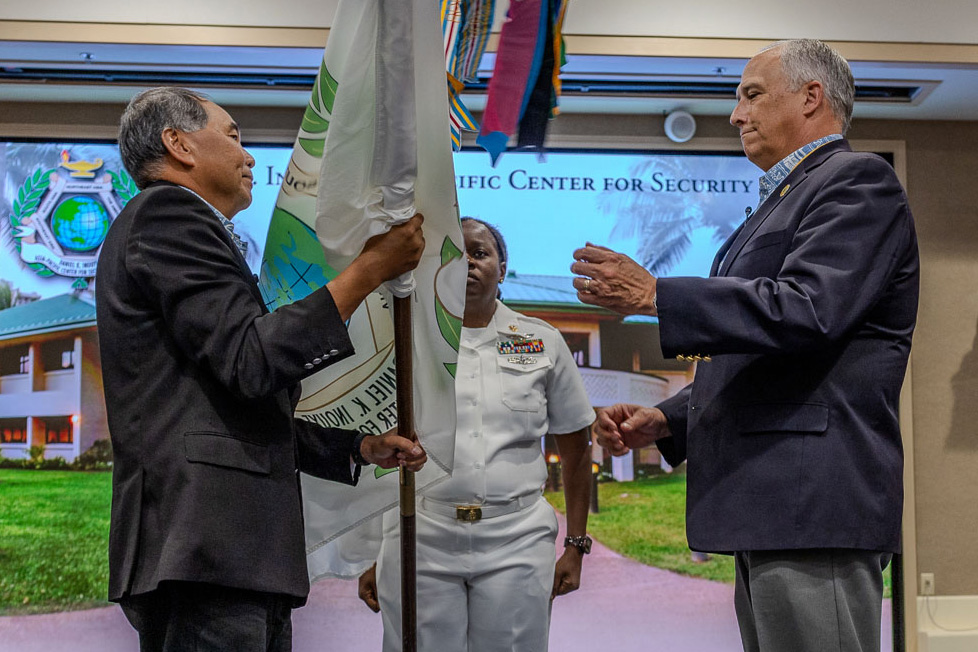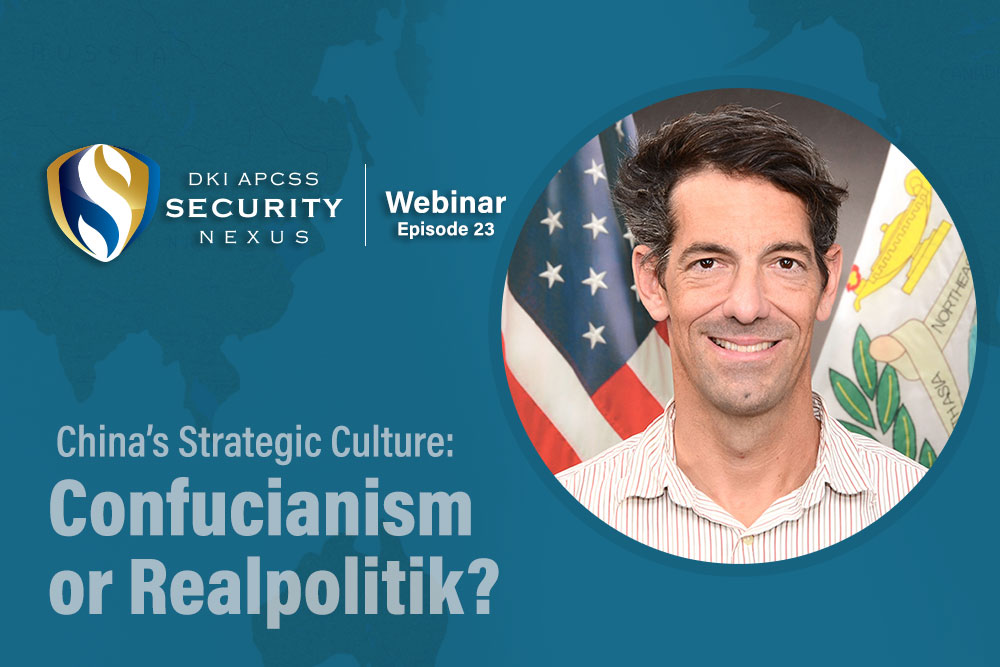DKI APCSS welcomes a group of 70 security practitioners from the Indo-Pacific region who will be the first graduates of the new Comprehensive Security Cooperation Course (CSC).
The participants range from high ranking military officers, directors of government agencies, law enforcement, and leaders of nonprofit organizations. Fifty-seven of the Fellows have travelled internationally from their home countries to attend the course.
The 5- week program, which began on February 24, marks the first long course the Center has hosted since the beginning of the pandemic. All Fellows coming from outside the State of Hawaii passed thru the Hawaii’s Safe Travels Program, which required the Fellows to be fully vaccinated to timely participate in the course. CSC utilizes improvements from previous short courses that the Center has hosted during the pandemic. It incorporates social distancing, volunteer testing, maximum room capacities, and improvements to the HVAC system that ensure proper air ventilation in all meeting rooms.
Because of the social distancing requirements, the attendance was reduced in half. With less Fellows in attendance but more countries represented, the Fellows have benefitted, thus far, from the smaller course size.
“When we have a bigger class we have more people from each country and they tend to spend time together with people from their own country,” said course manager and Professor Deon Canyon. “So with this smaller class with less people but more countries represented, they are making broader friendships and connections.”
“We all have the same common goal- peace,” said Fellow Katherine Lingan, Division Chief, Program and Planning Division, Philippine Department of National Defense. “Based on our experience and what we’ve learned so far peace is something that we value so much. Sharing that with everyone and knowing that we all have that in mind makes it feel like you’re not alone in this endeavor.”
CSC unveils the Center’s latest course offering that brings together security practitioners from a diverse range of disciplines to participate in one, 5-week long course. The course begins with a core curriculum that allows Fellows to examine a multitude of cross-cutting issues in the region and then allows them to branch out into one of three tracks: Maritime Security, Terrorism, and Economic Security.
“One of the biggest lessons I’ve learned so far is on perspectives of the Indo-Pacific region,” said Fellow Jason Hunter, Major, United States Air Force, “Specifically separating the Middle East versus Asia in terms of how I view Afghanistan and Pakistan. In the past I looked at these countries only as part of Middle East. It is eye opening for me to consider Afghanistan and Pakistan in its relation to the Asia region.”
In addition, the course allows Fellows to experience Hawaiian culture with visits to national and state parks and museums. Recently, the Fellows enjoyed a visit to the Pearl Harbor Memorial. The CSC Fellows are scheduled to graduate on March 30.










Leave A Comment